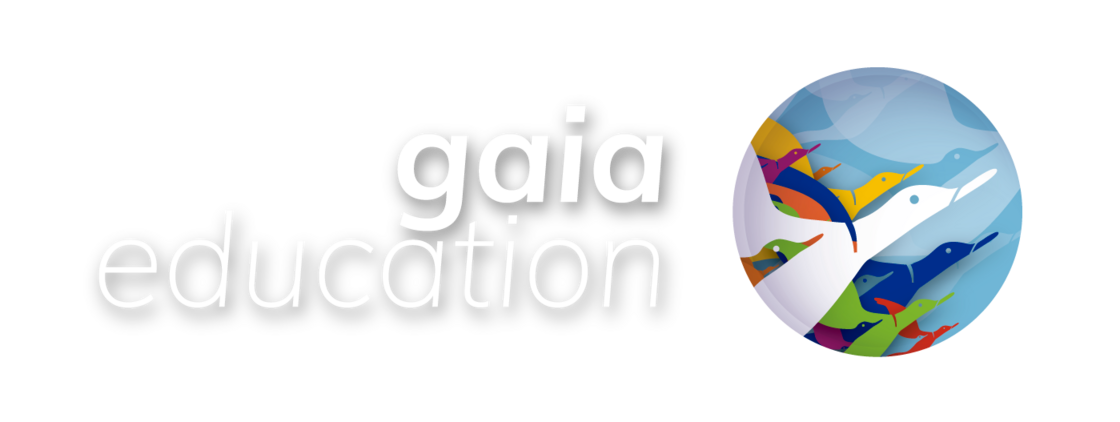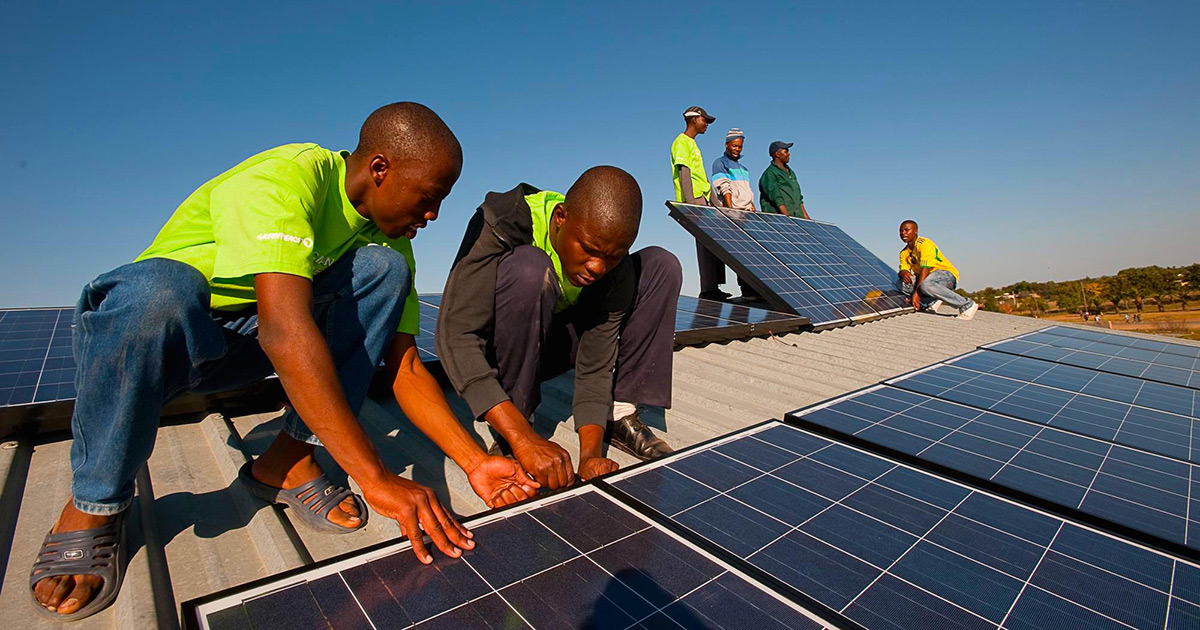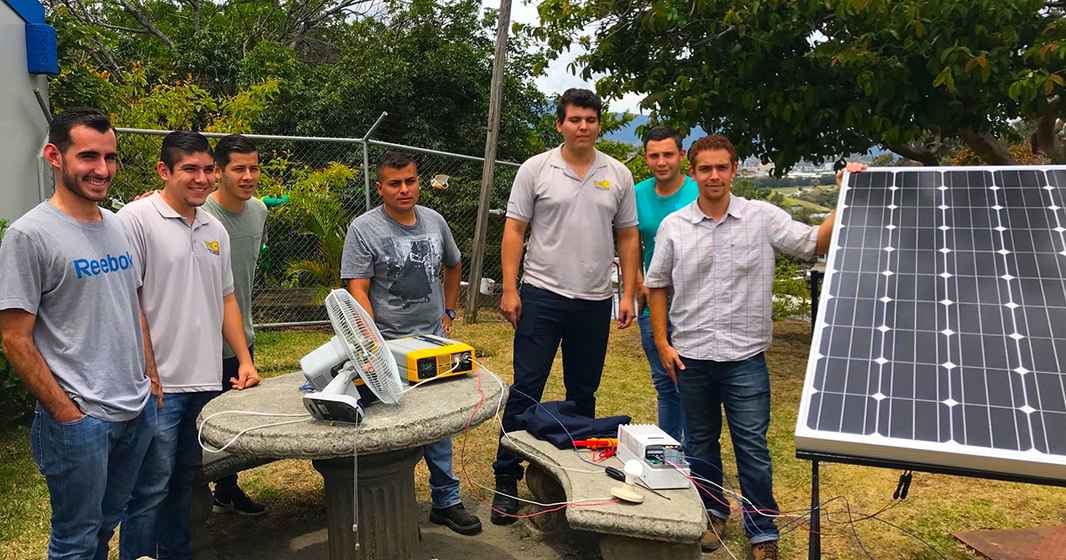Renewable Energies for Sustainable Development
Programme Overview
Type: e-Learning
Start Date: TBA
Study Time: 10 hours/ week
Facilitation: With Facilitators
Level: Intermediate
Certificate: Yes
Developed by:

Certified by:


Energy is the golden thread that connects economic growth, increases social equity and an environment that allows the world to thrive. Development is not possible without energy and sustainable development is not possible without sustainable energy.
This online programme will give a comprehensive overview of renewable energy as a means to enable sustainable development at a global scale. It will present the case for how renewable energies represent both an environmental necessity and an economic opportunity.
The programme supports the UN Sustainable Energy for All initiative (SE4ALL), which aims to provide universal access to modern energy services, and double the worldwide rate of improvement in energy efficiency and the share of renewable energy in the global energy mix. Energy underpins all of the UN Sustainable Development Goals (SDGs), which this course is also closely aligned with.
Through a discussion of key benefits and suitability for a range of applications, together with extensive case studies, the programme aims to provide an overview of clean, secure and sustainable technology options for the development of renewable energy projects, and offer insights into the management of these projects, from small scale through to major projects.
Modules
Module 1: The Role of Energy in Society: A Global Perspective
This module looks at the importance of energy for society and for achieving development goals, and discusses some of the ways in which energy underpins health, food production, education and economic growth. Participants then explore some global issues affecting access to and use of energy, including climate change, resource scarcity and increasing demand, all of which are of critical importance to countries and communities around the world. Case studies are used to explore the effects of energy access at a grassroots level. Finally, participants will define what is meant by ‘sustainable energy’ and describe a set of principles, upon which a sustainable energy future could be built.
Module 2: Selecting a Sustainable Energy Solution
This module is a detailed introduction to what is meant by sustainable energy solutions and some of the key technologies that are relevant on both the demand and the supply side. Participants will be presented with a step-by-step methodology for selecting the most suitable sustainable energy solution for a given situation, encompassing resource mapping, geographical assessment, infrastructure audit and the application of market maturity.
Module 3: Elements of a Sustainable Energy Solution
Module 3 includes a description of the main elements that comprise a renewable energy system including generation, conversion, storage and distribution. The technical considerations and constraints are discussed from first principles. Renewable energy systems are introduced and briefly described, in a technical sense. The integration of renewable energy is different depending on technical scale and system dependencies, and as such case studies of successful off-grid scenarios are presented and discussed and large centralised power systems are also described.
Module 4 to 7: Sustainable Technologies
Modules 4 to 7 follow a similar pattern to each other. Each module will provide a basic overview of the principles underlying a particular technology before going on to discuss some of the specific features and considerations that might be relevant in terms of technology selection. Applications for which the technology might be suited will be discussed, with reference to the four major axes of development described in Module 1, namely food production, education, health and economic growth. The modules will draw extensively on case studies from around the world and will make clear reference to the SE4All Sectoral Action Areas and the Sustainable Development Goals.
Module 4: Solar Energy
Technologies: solar photovoltaic (PV), concentrating solar and solar thermal.
Module 5: Bioenergy
Technologies: biomass for cooking, heating and electricity, anaerobic digestion, biofuels.
Module 6: Wind Energy
Technologies: small and large wind turbines.
Module 7: Marine and Hydro Technologies
Technologies: wave, tidal, small hydro and large hydro.
Module 8: The Role of the Public and Private Sectors in Ensuring the Development of Low Carbon Energy Solutions
Module 8 explores the range of policy measures that may be adopted by governments in order to encourage investment in energy and stimulate the transition towards sustainable solutions. Participants investigate the potential for combining private enterprise and entrepreneurship with government action in order to achieve energy development goals and discuss the opportunities for exploiting expertise and competitive advantage in sustainable energy to aid economic growth. Appropriate business models that might be employed and encouraged are explored, making reference to examples already presented in Modules 4 to 7. The role of private sector investment is discussed and the ways in which this might be supplemented by public sector measures outlined.
Methodology
Learning activities are based on UNITAR‘s sound adult learning pedagogical principles. They are distributed in such a way as to ensure the achievement of the learning objectives in a flexible manner: learning materials can indeed be consulted in a non-linear way so as to provide participants with a high degree of flexibility in choosing the learning pace that is most suitable for them. Thus, participants are responsible for their own learning throughout the course. Recognised experts from the University of Strathclyde, a world leader in renewable energy, moderate the course. Each module aims to deepen each participant’s skills and understanding as well as provide him/her with the opportunity to network and dialogue with other participants, sharing country specific experiences and good practice in sustainability issues.
Learning materials include the following elements:
- basic reading materials (compulsory) intended to support the participant’s understanding of the basic concepts and principles of the modules’ subject matter
- advanced reading materials (optional) for participants willing to learn more about the topic
- external links to relevant publications, reports and websites
- glossaries of terms and of acronyms as supportive learning tools
- a community discussion board (forum) to allow participants to discuss topics initiated by the course moderator and to post questions, comments or new discussions
- online group learning sessions (webinars) allowing participants an opportunity to ask questions and discuss in real time with course moderators and fellow participants
Learning Time
The learning time is estimated to be about five hours per week. This includes study time (about three hours/week) and participation in collaborative activities (about two hours/week). Time dedicated to assessment activities is not taken into account in this estimation. The course lasts for eight weeks.
Course Completion and Certification
Successful completion of the course requires participants to achieve a minimum total score of 70% which entitles them to a Certificate of Completion. A Certificate of Participation will be issued to participants who completed all exercises but achieved a score lower than 70%.
Assessment Activities
The assessment activities are organised as follows:
- eight mandatory quizzes which aim at evaluating participants’ comprehension of the course content. The eight tests altogether account for 40% of the final grade
- participation in the online discussion forums which accounts for 10% of the final grade
- a case study where participants can apply their knowledge practically. The case study scenario takes as a basis the creation of a draft sustainable energy plan focused on the participant’s region/country. The case study accounts for 50% of the final grade
Target Audience
The course is open to those in the business, non-profit, public and academic sectors who wish to install renewable energy systems in both urban and rural settings or make their contribution to reducing carbon emissions through energy efficiency and the use of sustainable energy sources. The course aims to provide participants with a high level understanding of the key issues as well as sufficient technical insights to allow them to make informed decisions about technology choices.
- Sustainable Development Officers
- Energy Officers
- Strategic Managers of Planning and Environmental Services
- Community Planning Officers
- Local Authority Representatives
- Policymakers and Regulators
- Development Officers
- Social and Economic Development Officers
- Entrepreneurs and private sector players who want to assess opportunities and develop strategies
This course is presented by



